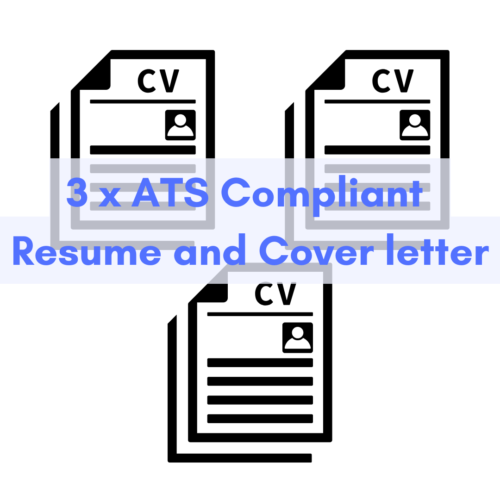How to Balance Work and Study as an International Student in Australia
Introduction
Studying in Australia as an international student can be an exciting and enriching experience. However, balancing academic responsibilities with part-time work can be challenging. Effective time management, self-discipline, and strategic planning are essential to maintaining a healthy balance between work and study. In this guide, we’ll explore practical tips to help international students successfully juggle both commitments.
1. Understand Your Work Rights & Visa Conditions
Before applying for jobs, it’s important to understand the work restrictions that apply to your Student Visa (Subclass 500):
- You can work up to 48 hours per fortnight (24 hours per week) during academic terms.
- You are allowed unlimited work hours during semester breaks.
- Voluntary or unpaid work is not counted under this limit.
- You must maintain a full-time course load to comply with visa conditions.
Tip: Always check the latest visa regulations on the Department of Home Affairs website to stay updated on any policy changes.
2. Prioritize Time Management
Time management is key to balancing work and study effectively. Here are some strategies:
- Create a Weekly Schedule: Allocate fixed hours for classes, study sessions, work, and relaxation.
- Use Productivity Tools: Apps like Google Calendar, Notion, and Trello can help organize tasks and deadlines.
- Set Realistic Goals: Avoid overcommitting to work hours that may affect your academic performance.
- Plan Ahead: Know your exam dates and assignment deadlines so you can adjust your work shifts accordingly.
3. Choose the Right Job
Selecting a job that aligns with your schedule and skills is crucial. Popular job options for international students in Australia include:
| Job Type | Average Hourly Pay (AUD) | Flexibility |
|---|---|---|
| Retail Assistant | $23 – $30 | High |
| Hospitality (Café/Restaurant) | $22 – $28 | High |
| Tutoring | $30 – $50 | Moderate |
| Customer Service | $24 – $32 | Moderate |
| Delivery Driver (Uber Eats, DoorDash) | $20 – $35 | High |
| Administrative Assistant | $25 – $35 | Low |
Tip: Look for jobs with flexible hours, close to your university or accommodation, to minimize travel time.
4. Communicate with Employers & Professors
Good communication can help you manage work-study conflicts:
- Be Honest with Your Employer: Inform them about your study commitments and request flexible shifts.
- Talk to Your Professors: If your work schedule clashes with important academic events, discuss possible alternatives.
- Take Advantage of Student Support Services: Many universities offer career counseling and academic support to help students balance their workload.
5. Stay Organized and Avoid Procrastination
- Break Tasks into Smaller Goals: Instead of cramming at the last minute, divide study materials into manageable sections.
- Avoid Distractions: Study in a quiet environment and use website blockers to minimize distractions from social media.
- Make Use of University Libraries: Libraries offer a great place to focus and complete assignments efficiently.
6. Take Care of Your Health and Well-Being
Juggling work and study can be overwhelming, so it’s essential to prioritize self-care:
- Get Enough Sleep: Aim for at least 7-8 hours of sleep per night to stay productive.
- Eat Nutritious Meals: Avoid skipping meals and choose balanced diets to maintain energy levels.
- Exercise Regularly: Even a short daily walk or yoga session can help relieve stress.
- Take Breaks: Overworking yourself can lead to burnout. Schedule short breaks to relax and recharge.
7. Maximize University Resources
Most Australian universities offer resources to support international students, including:
- Career Support Services: Assistance with resume building and job searching.
- Counseling Services: Mental health support and stress management guidance.
- Student Unions: Advocacy groups that offer work-related guidance and legal support.
- Free Workshops: Many universities conduct workshops on time management and work-study balance.
8. Know When to Say No
If you find yourself overwhelmed, don’t hesitate to cut back on work hours or social commitments. Your education should be your top priority, and maintaining a healthy balance is essential to long-term success.
Final Thoughts
Balancing work and study as an international student in Australia can be challenging, but with proper time management, smart job choices, and self-care, it is achievable. Remember to stay organized, seek support when needed, and prioritize your well-being.
Are you currently balancing work and study in Australia? Share your experiences and tips in the comments below!



